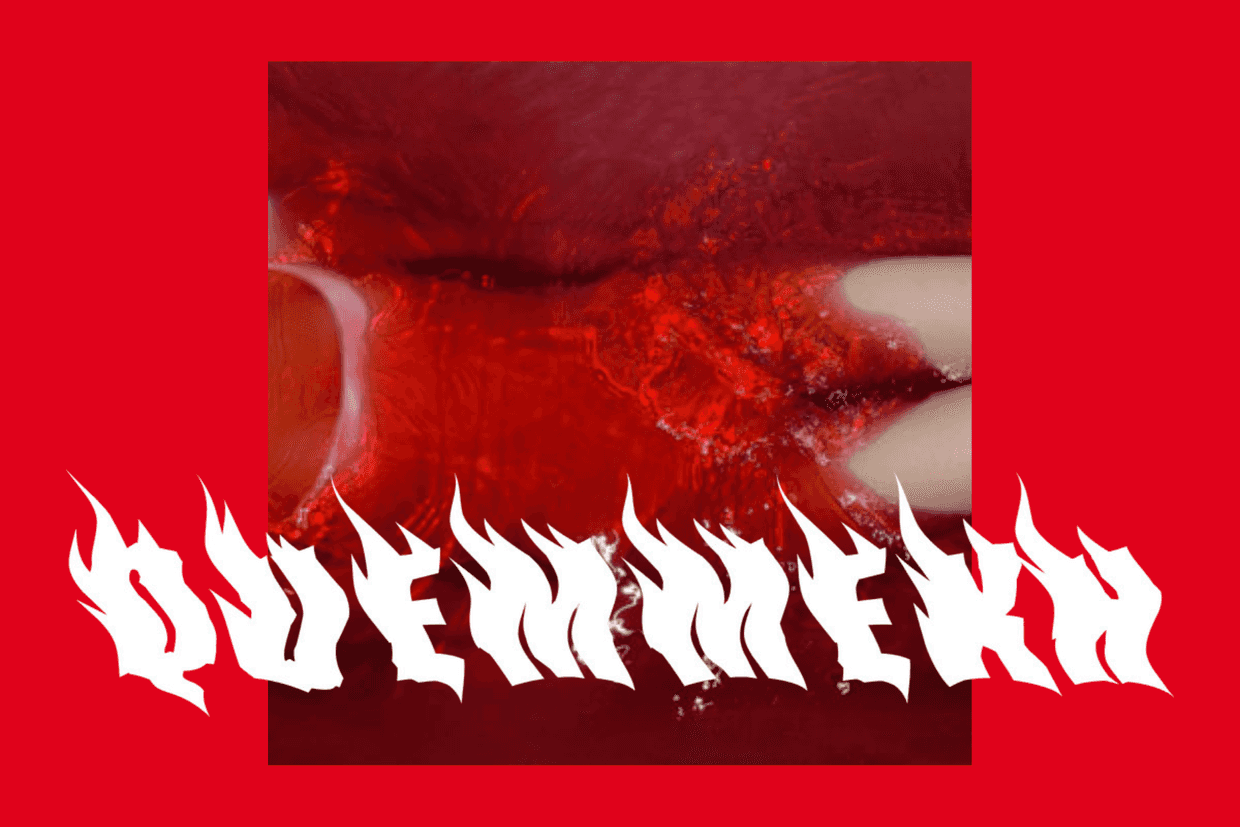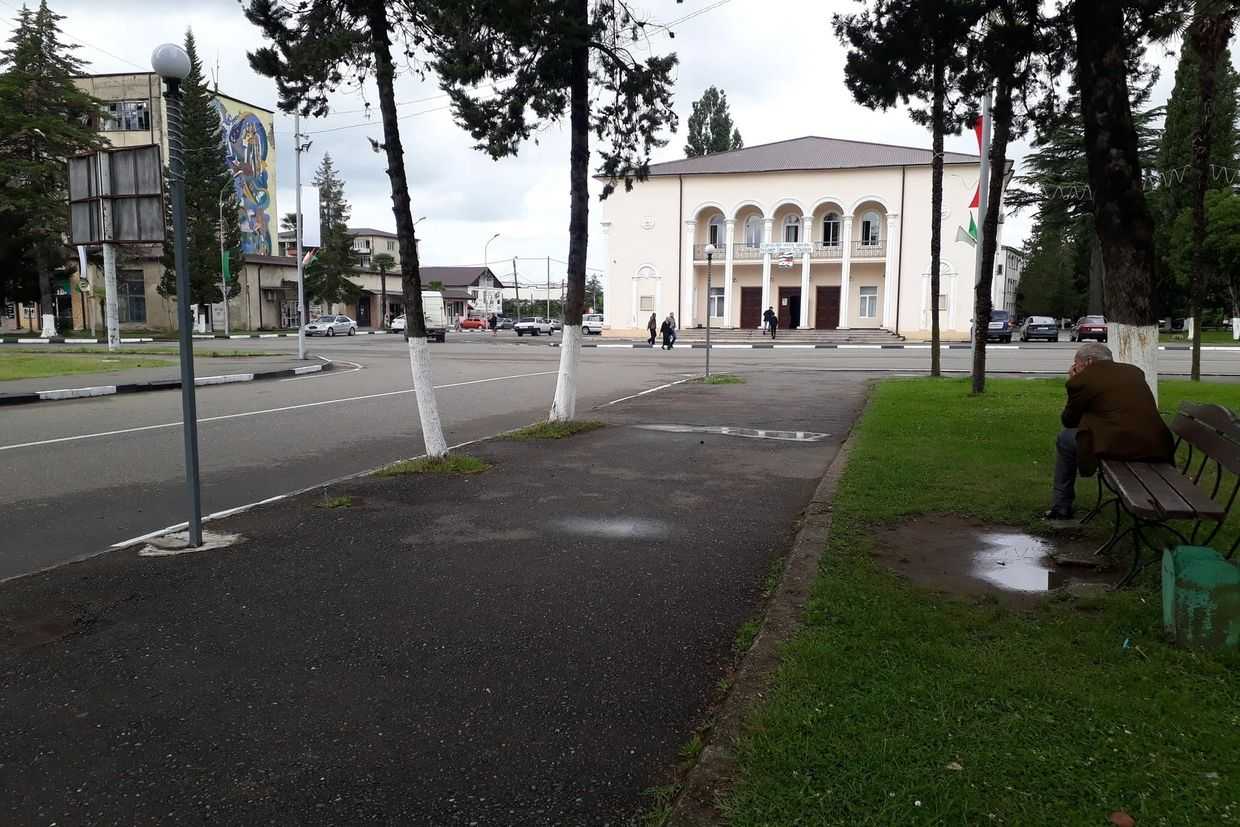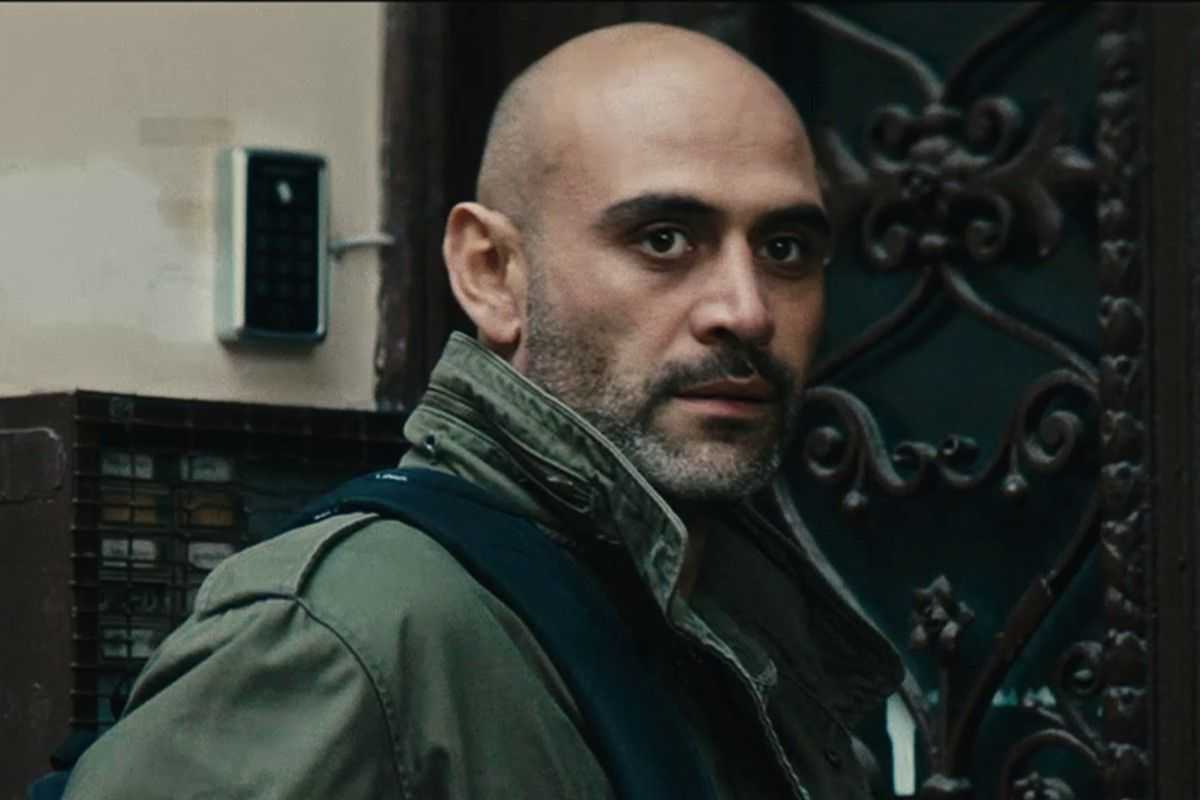
Jamila Mammadli, 26, was born in the village of Potu, in the Goychay District of Azerbaijan. She talks about love, her passion for the theatre, and the preconceptions about disability that are pervasive in Azerbaijan.
‘The problem arose on the day I was born; the doctor made a mistake. She pulled too hard to get me out of my mother’s womb, and it damaged my spinal column. At first, my parents didn’t realise. After half a year, when they saw that I was not fully moving, they realised that I had a problem.’
‘I developed sclerosis when I was very young. It’s still at the most severe level. At age seven, the doctor said that my chances of survival were very low. But since then, I have survived.’
‘Sitting too much causes problems with my kidneys. And there is back pain; I don’t remember a day I have not had backaches.’
‘I have been offered different treatments, including the complete replacement of my spinal column. This is both expensive and extremely dangerous, and so no operation was performed.’
‘I have never been interested in whether or not a treatment is a complete cure — that’s not the goal for me. For me, the goal is to visit Japan. This is more of a goal than getting up and walking.’
‘I’m used to it. I know that there is no cure for sclerosis. One treatment would be to place a shaft in my spinal column. It’s a very painful process; I would live with the pain for years. This procedure would hurt, it would take up my time, and the result would still not be perfect. I will never be completely healthy, but I would regret the time I would lose.’
‘People asked me if I could read and write’
‘I received my education at home — in the four major subjects and painting. The lessons stopped in the ninth grade.’
‘At one point, the education department told my teacher that it was impossible for a child with disabilities to get such excellent grades in all subjects. My teacher was interrogated, and I was invited to be tested.’
‘Even though I went back over all my subjects and prepared for the test, the education officer asked me just one question: “what is 7+8?” This was a significant trauma for some reason. I experienced a lot of such trauma later. For example, when I was growing up, many people asked me if I could read and write.’
‘I have been reading books since I was seven years old. What else could I do at home all day?’
‘When someone has doubts about their own intelligence, this can create a psychological complex. Even now, I have more of a complex about my intellect than my body. It stems from my childhood, and I have worked hard to deal with it.’
‘My teachers were very pleased with me. My maths teacher even said I could take his place in school.’
‘The teachers did not come to my home after the ninth grade. My parents didn’t want me to get more tired. At that age, I wasn’t interested in university, but I was still able to get an 11-year school certificate.’
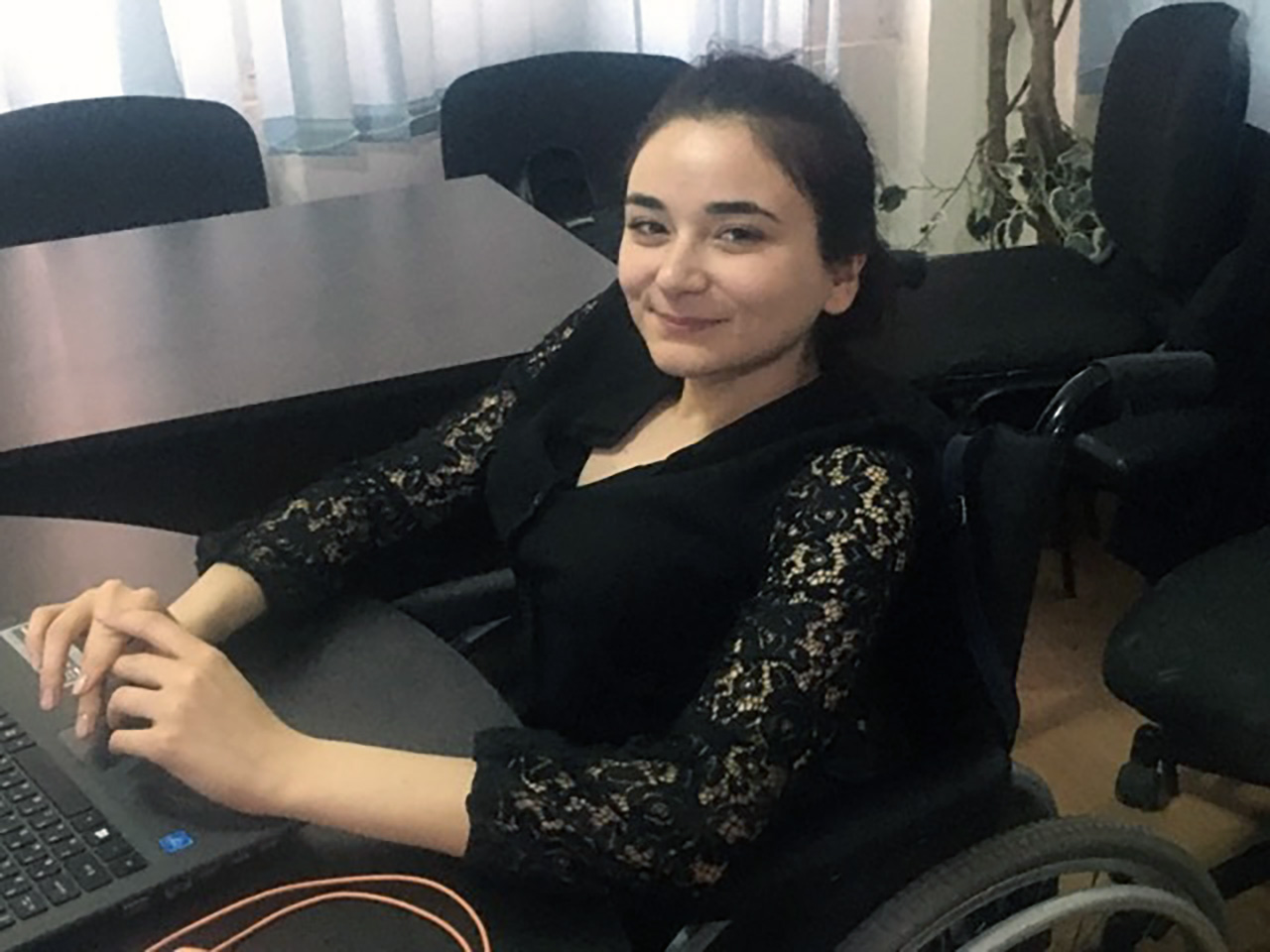
‘University was inaccessible for me because I did not study many subjects at school. This was never my choice, and I don’t blame my parents either because it wasn’t theirs.’
‘I know three languages now. But I never had the opportunity placed before me to learn a language, which would be good for my future. My future was dark, not just for me, but for everyone. Especially for my parents.’
‘I saw my classmates for the first and last time after finishing school. Most of the girls were married, and the boys didn’t know me.’
‘You don’t feel things so much when you’re a kid. As a teenager, I didn’t look at anyone and ask why they had something that I didn’t.’
‘When someone gives me a strange look, I look right back at them’
‘I have a sister who is three years younger than me; she is completely healthy. She is studying for a master’s degree. We moved to Baku for her education. I didn’t want to come to Baku, but I came at the request of my parents.’
‘Everyone in the district knew me, and nobody looked at me with surprise. However, upon arriving in Baku, I realised that my appearance was something strange for many people.’
‘When someone gives me a strange look, I look right back at them. I’m glad when they look away; I like that I’m able to make them feel embarrassed. People need to understand that they should not stare at anyone. In general, the attitude towards people like me is horrible.’
‘Movement in Baku is difficult. There are ramps in theory, but they are not usable. I live in a flat in Baku on the 9th floor. By chance, there is a normal ramp at the entrance of the building.’
‘I can use the subway and the bus. In some places, I have to go without transport. This is very difficult for a person with a disability. When I go somewhere new, I’m never sure if I will be able to travel there comfortably. I plan my route a week in advance — checking if the Bakubus is going there, what the pavements are like, and so on.’
‘I have more opportunities to work here. I started working for the first time as a Social Media Manager in the district; I also taught mathematics, Azerbaijani, and English classes to junior school students there.
Now I’m working as a digital marketing manager at a medical tourism company. I’m spending the same amount of energy now, but I’m gaining so much more.’
‘I also edit and translate books. At the moment, many people depend on me. I pay for the house’s utilities, my sister’s tuition. So much of the house costs are on my shoulders.’
‘When I first saw photos of the Asa Theatre, I was jealous that I had not been there before. But I never imagined myself on stage. Then, while editing a book by a friend with another friend who worked at the theatre, he suggested that I try it for myself. I agreed.’
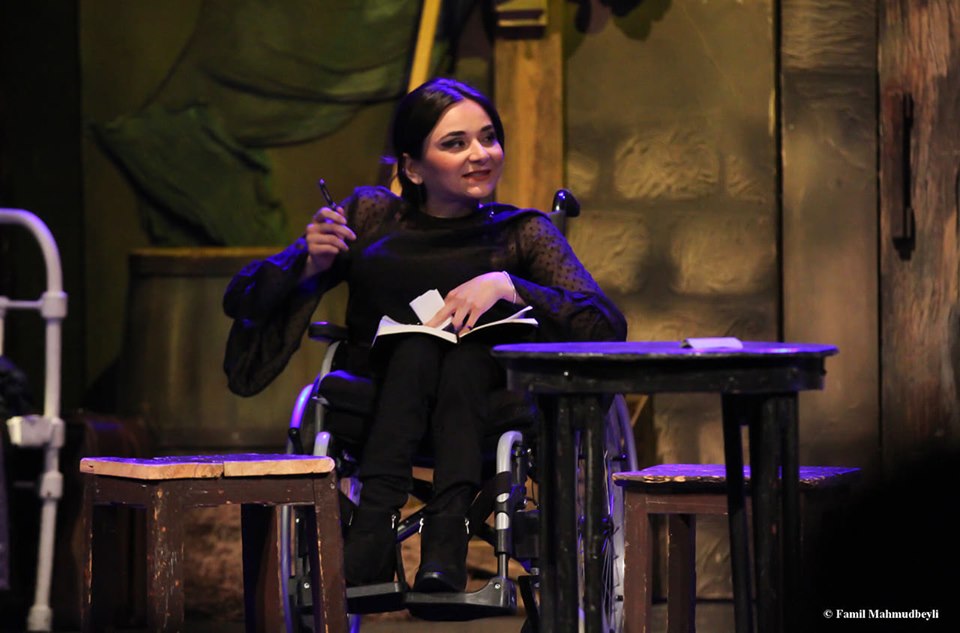
‘On my birthday, the creator of the theatre offered me a role. I played the only villain in a major play. It was very interesting; Maurice Metterling’s work: The Blue Bird.’
‘I don’t act in the theatre to be famous; I earn very little money there. My purpose is that people can see me as an example.’
‘The thought that a woman with a disability could have a love life would never cross their mind’
‘A woman with a disability in the public eye is not seen as a woman. Even a young girl and a boy can go hand in hand and people may have some ideas about them. But If I were to go out with a lover or even live in a house with them, people would simply assume we are relatives.’
‘The thought that a woman with a disability could have a love life or start a family would never even cross their mind.’
‘This was a great taboo for my mother, as well. But lately, I have noticed that when the conversation turns to marriage, my mother talks not just “my daughter” but “my daughters”.’
‘My only real regret is that I didn’t have school or university friends, so since I was 16, I have had problems with socialisation. I didn’t know how to talk to people.’
‘I had little social life in the region, but I would go to my relatives’ weddings. I have a very active social life in Baku.’
‘The greatest feature of disability was that I learned to take the first step myself — because I had to. I have neither gained nor lost anything because of my disability. Whether I have a disability or not, I am still me.’



